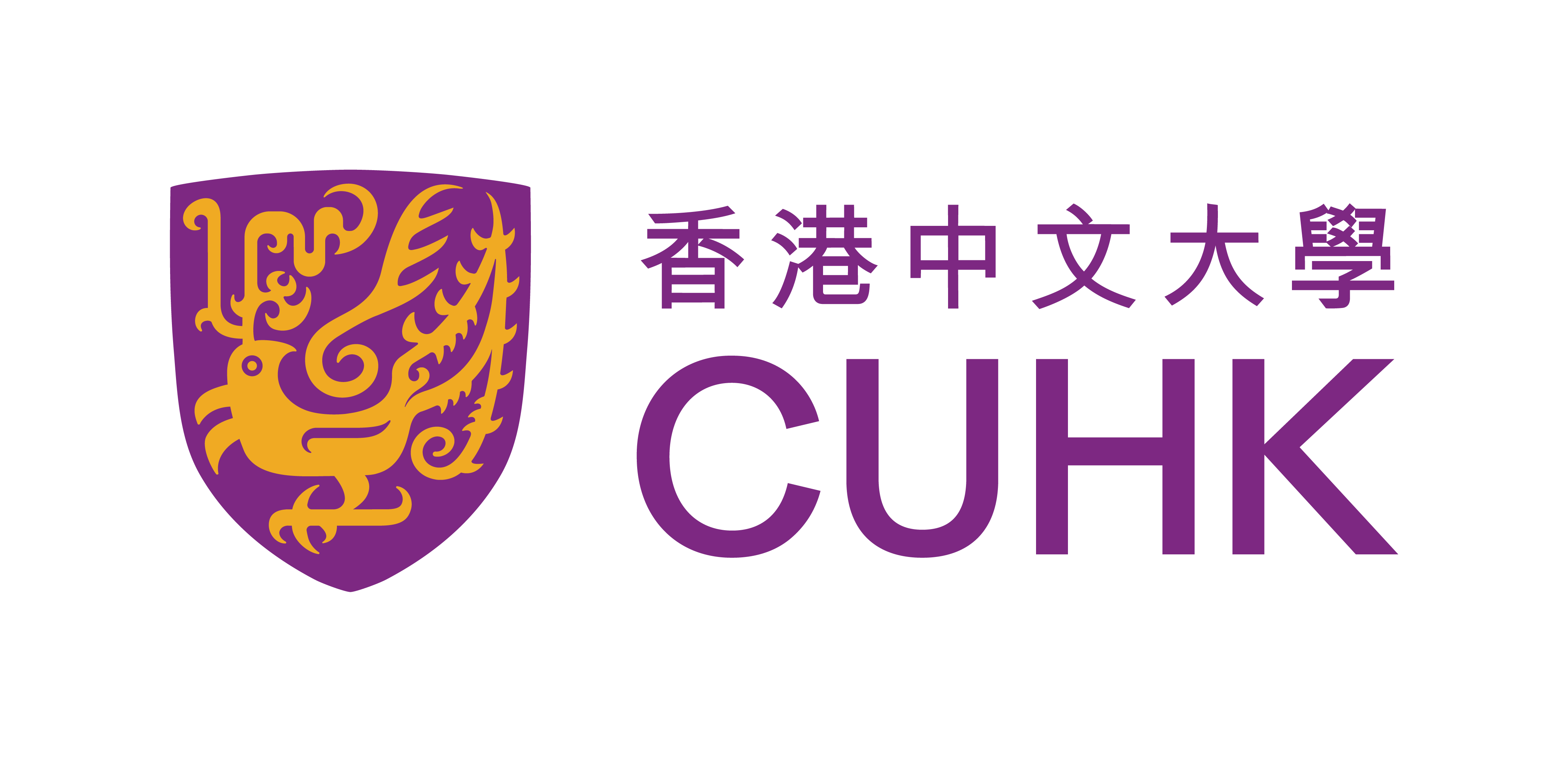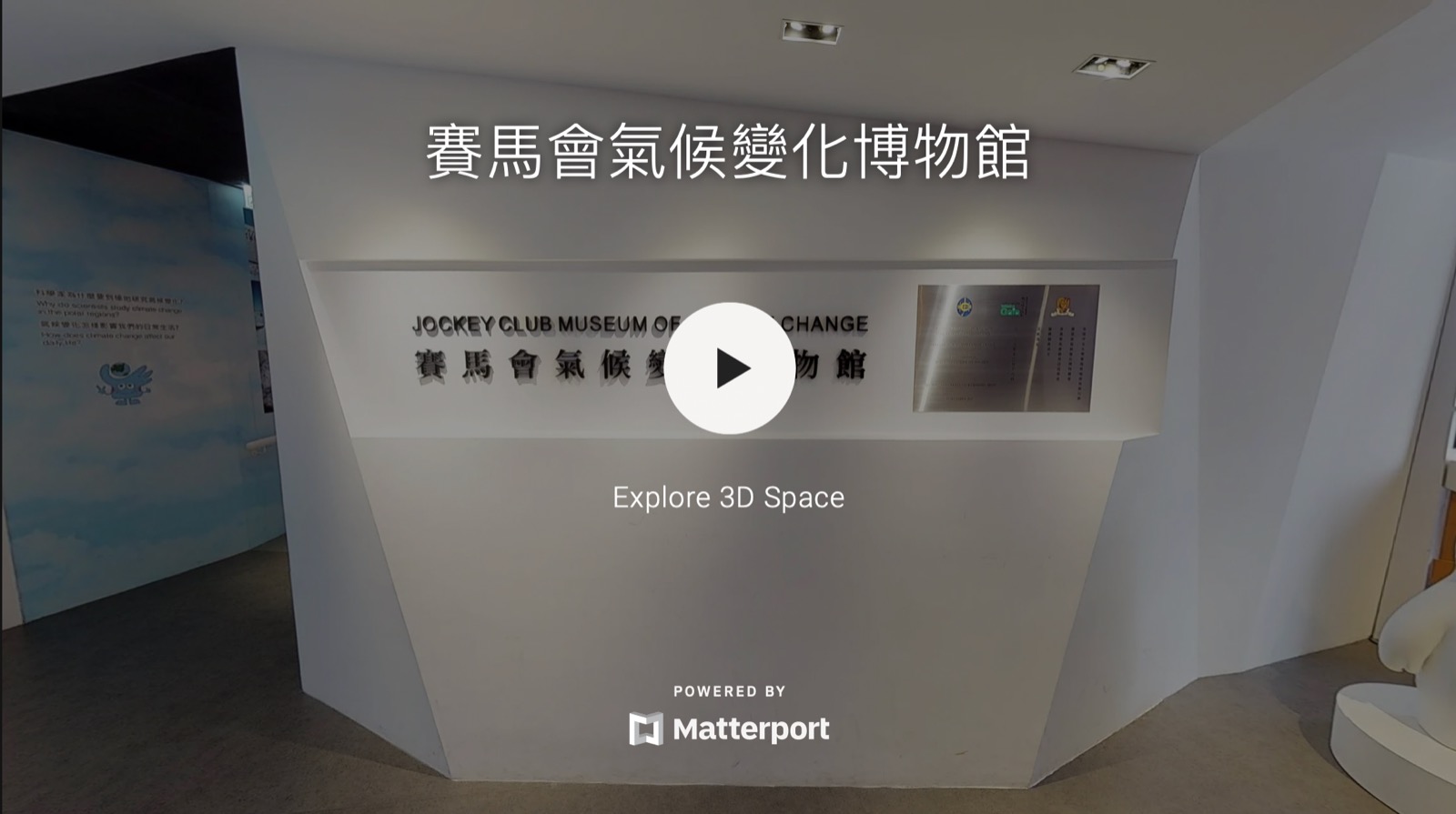Waste is the third largest source of greenhouse gas emissions in Hong Kong. The daily domestic waste generation rate per capita of Hong Kong is 1.36 kg, which is the highest compared to neighbouring cities at a similar level of development: 1.00 kg in Taipei City, 0.95 kg in Seoul City and 0.77 kg in Metro Tokyo (Environment Bureau, Hong Kong Blueprint for Sustainable Use of Resources 2013–2022). Waste – as well as waste reduction – is everyone’s responsibility.
The Waste Reduction Project is the first-ever school-based waste-charging simulation project, which aims to increase the school sector’s awareness of Hong Kong’s waste problem and educate school members on sustainable waste management (waste reduction, separation and recycling). We plan to invite 24 secondary schools to participate in the project, who will examine their waste generation, identify ways of achieving ‘zero waste’, take action to reduce waste and, most importantly, promote the action to the students’ households and the communities. Through the engagement infrastructure created by the project, the students – our future green leaders – will spread the message of ‘waste less, save more’ to households and communities, inspiring more positive action to respond to the impending introduction of a quantity-based municipal solid waste charging system.
| Round | Waste measurement (baseline period) |
Workshops and visits organized by the Jockey Club Museum of Climate Change | Waste measurement (waste reduction period) |
| Round 1 | November – December 2017 | December 2017 – April 2018 | January – April 2018 |
| Round 2 | March – April 2018 | May – December 2018 | September – December 2018 |
| Round 3 | November – December 2018 | December 2018 – April 2019 | January – April 2019 |
| Round 4 | March – April 2019 | May – December 2019 | September – December 2019 |
| Round 5 | November – December 2019 | December 2019 – April 2020 | January – April 2020 |
Award Winning Schools
| Outstanding Award |
Round 1 | Hon Wah College | |
| Tack Ching Girls' Secondary School | |||
| TWGHs Kwok Yat Wai College | |||
| Round 2 | N.T. Heung Yee Kuk Yuen Long District Secondary School | ||
| Tin Shui Wai Government Secondary School | |||
| United Christian College (Kowloon East) | |||
| Round 3 | Qualied College | ||
| S.K.H. Tang Shiu Kin Secondary School | |||
| Shun Tak Fraternal Association Leung Kau Kui College | |||
| Improvement Award |
Round 1 | Ho Yu College and Primary School (Sponsored by Sik Sik Yuen) | |
| Tack Ching Girls' Secondary School | |||
| TWGHs Kwok Yat Wai College | |||
| Round 2 | Lok Sin Tong Yu Kan Hing Secondary School | ||
| N.T. Heung Yee Kuk Yuen Long District Secondary School | |||
| Tin Shui Wai Government Secondary School | |||
| Round 3 | Chong Gene Hang College | ||
| Lingnan Secondary School | |||
| S.K.H. Tang Shiu Kin Secondary School | |||
Hong Kong Blueprint for Sustainable Use of Resources 2013–2022
In May 2013, the Environment Bureau of the HKSAR Government published Hong Kong Blueprint for Sustainable Use of Resources 2013–2022 (http://www.enb.gov.hk/en/files/WastePlan-E.pdf), which analyses the challenges and opportunities of waste management in Hong Kong, and maps out a comprehensive strategy, targets, policies and action plans up to the year 2022 for tackling the waste crisis.
Zero Waste
According to the Zero Waste International Alliance, ‘Zero Waste is a goal that is ethical, economical, efficient and visionary, to guide people in changing their lifestyles and practices to emulate sustainable natural cycles, where all discarded materials are designed to become resources for others to use. Implementing Zero Waste will eliminate all discharges to land, water or air that are a threat to planetary, human, animal or plant health’ (http://zwia.org/standards/zw-definition/).






















